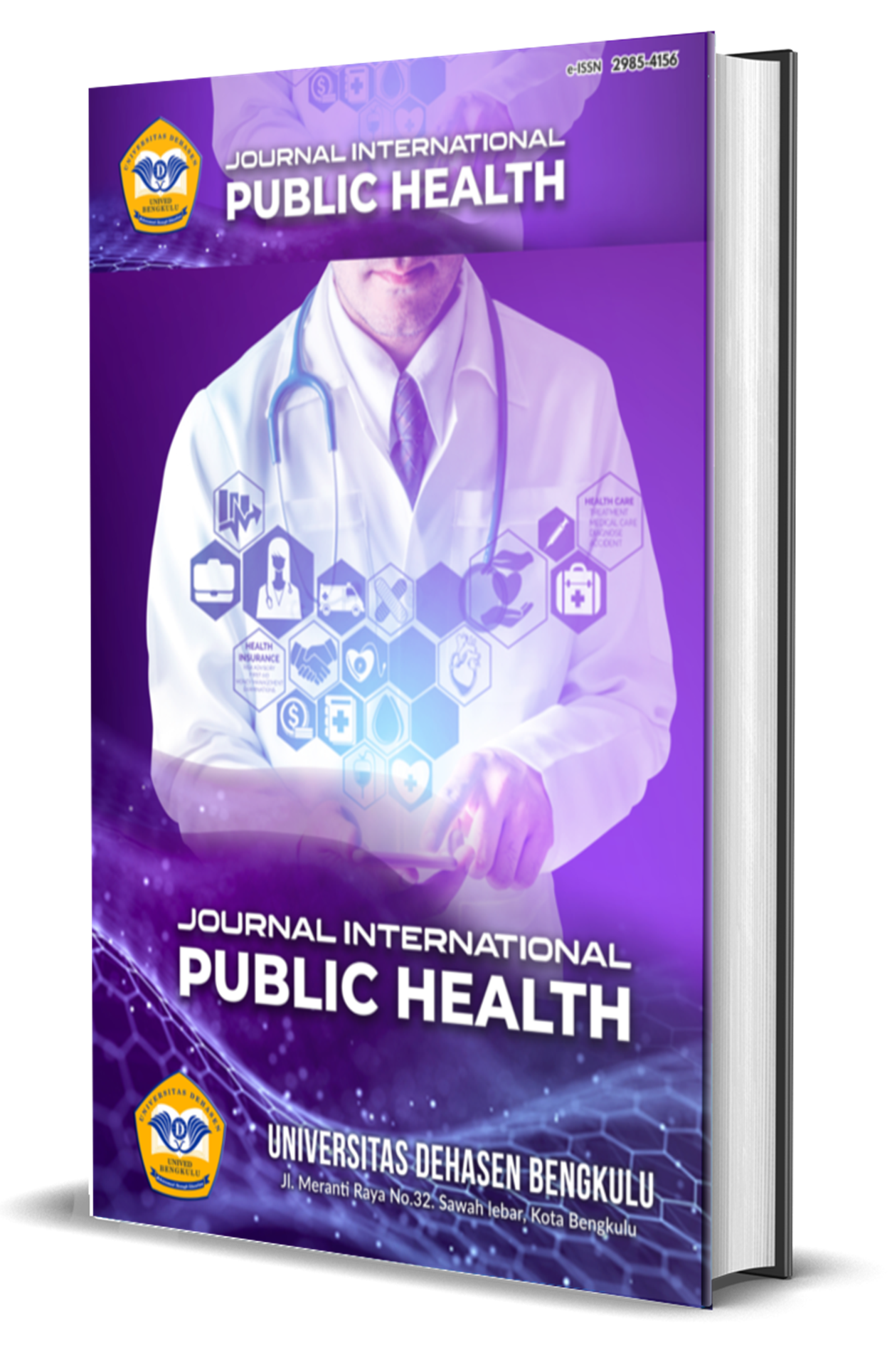The Effect Of Deep Breath Relaxation Techniques On Reducing Labour Pain In Active Phase I At Bpm Wulan In Muara Kelingi Village Musi Rawas District
Abstract
Labour is the process of moving the fetus, placenta and membranes out of the uterus through the birth canal. Most (90%) labours are accompanied by pain. In the active phase there is an increase in the intensity and frequency of contractions, resulting in a peak pain response. Labour pain can cause various physiological and psychological changes in the mother. This study aims to determine the effect of deep breath relaxation techniques on reducing active phase 1 labour pain. The type of design in this study was pre-experimental with one group pretest-posttest design. The number of samples was 30 respondents. The sampling technique used the total sampling method. Data collection techniques using questionnaire sheets and Numeric Rating Scale (NRS) pain scale. Data analysis using paired T test. The results showed that the pain intensity of respondents in the group before treatment averaged 7.00 and after treatment averaged 5.47. The results of data analysis obtained a significance value of ρ = 0.000 (ρ <0.05). The conclusion is that there is an effect of giving deep breath relaxation techniques on reducing labour pain during the active phase 1. It is hoped that deep breath relaxation techniques can be applied by health workers as an alternative to labour pain management which can cause a state of physiological and cognitive relaxation marked by a decrease in epinephrine and norepinephrine levels and increase blood oxygenation.
Downloads
Copyright (c) 2025 Ernani Ernani, Kintan Annisa, Desi Aulia Umami

This work is licensed under a Creative Commons Attribution-ShareAlike 4.0 International License.








